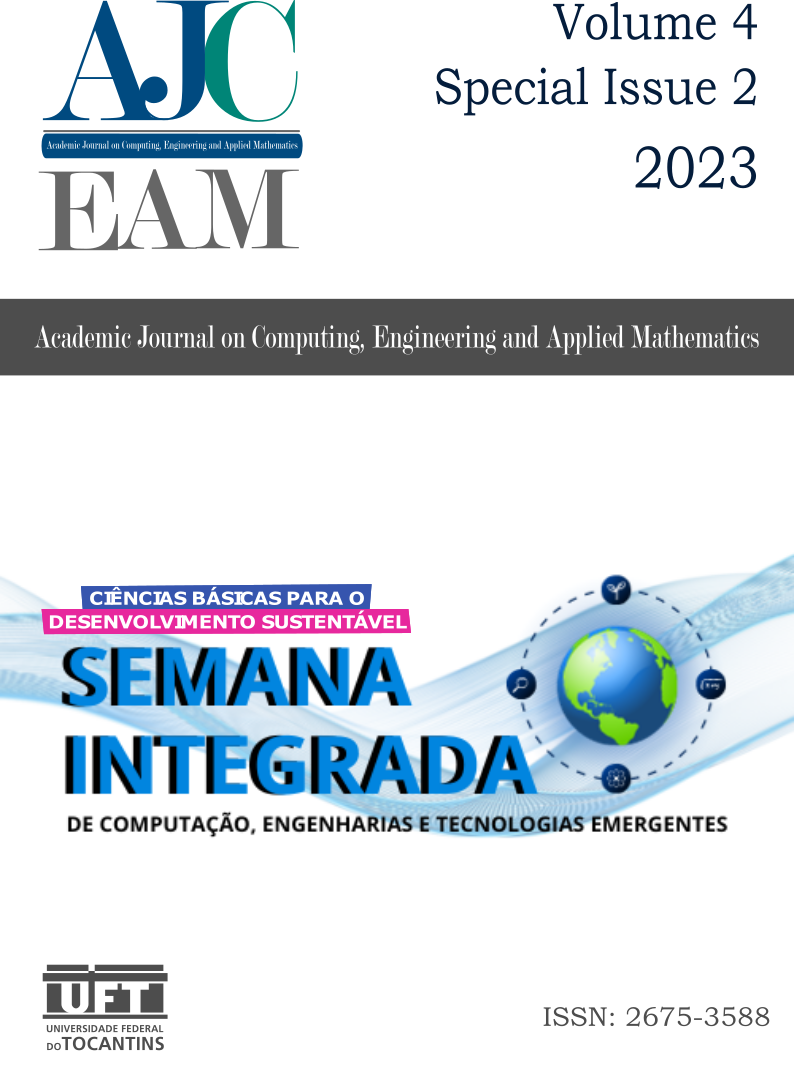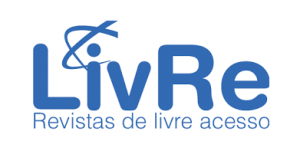Work in progress: analysis and evaluation of the impact of the code approximation for IoT applications
DOI:
https://doi.org/10.20873/uft.2675-3588.2023.v4n2.p17-20Keywords:
Approximate Computing, Energy Efficiency, Internet of Things, Software ApproximationsAbstract
ue to the need to improve resource management for computer systems in many levels and applications (mainly for embed-
ded systems and energy consumption), how can we enhance the energy efficiency of computational methods? One approach is through
approximate computing, which intentionally introduces controlled errors to save resources such as energy, area, or time. This research aims
to empirically measure the impact of introducing approximations in an embedded system by conducting a controlled experiment. To focus
on evaluating the impact of the approximations themselves rather than the best methods of implementing them, the approximations will
be manually incorporated into the code. The benchmark chosen for evaluation is MiBench due to its widespread usage. All the codes can
be recompiled to run on the MIPS architecture of the NodeMCU-ESP8266. A second NodeMCU-ESP8266 will be utilized, connected in
series to measure the actual power consumption of the first board. The analysis of results will involve hypothesis tests, where the experi-
ment hypotheses will be statistically evaluated at a specific significance level. By directly comparing variations and experiment data, the
proposal’s validity will be effectively demonstrated. Since this paper is a work in progress, we will explain the experiment planned to be
run.
Downloads
Published
How to Cite
License
Copyright (c) 2023 David Medeiros Cruz, Tiago Almeida

This work is licensed under a Creative Commons Attribution-NonCommercial 4.0 International License.
Authors who publish in this journal agree to the following terms:
- Authors retain copyright and grant the journal the right of first publication, with work simultaneously licensed under the Creative Commons Attribution License (CC BY-NC 4.0), allowing work sharing with acknowledgment of the work's authorship and initial publication in this journal. ;
- Authors are authorized to enter additional contracts separately for the non-exclusive distribution of the version of the work published in this journal (eg, publishing in an institutional repository or as a book chapter), with acknowledgment of authorship and initial publication in this journal;
- Authors are allowed and encouraged to post and distribute their work online (eg, in institutional repositories or on their personal page) at any point after the editorial process;
- In addition, the AUTHOR is informed and agrees with the journal that, therefore, his paper may be incorporated by the AJCEAM into existing or existing scientific information systems and databases (indexers and databases). in the future (indexers and future databases), under the conditions defined by the latter at all times, which will involve at least the possibility that the holders of these databases may perform the following actions on the paper:
- Reproduce, transmit and distribute the paper in whole or in part in any form or means of existing or future electronic transmission, including electronic transmission for research, viewing and printing purposes;
- Reproduce and distribute all or part of the article in print;
- Translate certain parts of the paper;
- Extract figures, tables, illustrations, and other graphic objects and capture metadata, captions, and related article for research, visualization, and printing purposes;
- Transmission, distribution, and reproduction by agents or authorized by the owners of database distributors;
- The preparation of bibliographic citations, summaries and indexes and related capture references from selected parts of the paper;
- Scan and/or store electronic article images and text.



